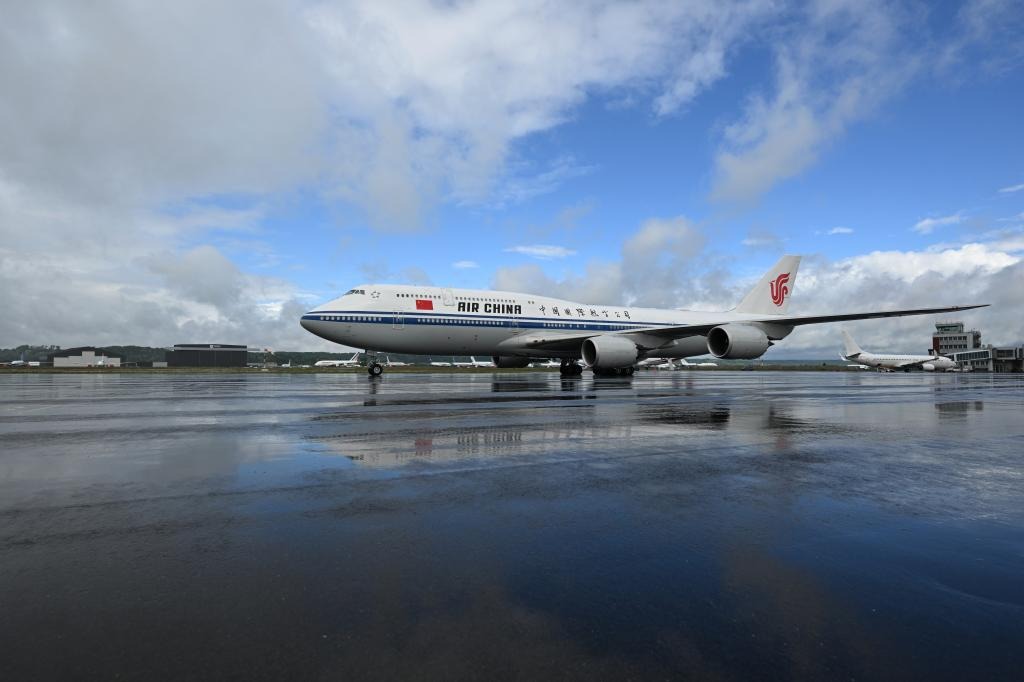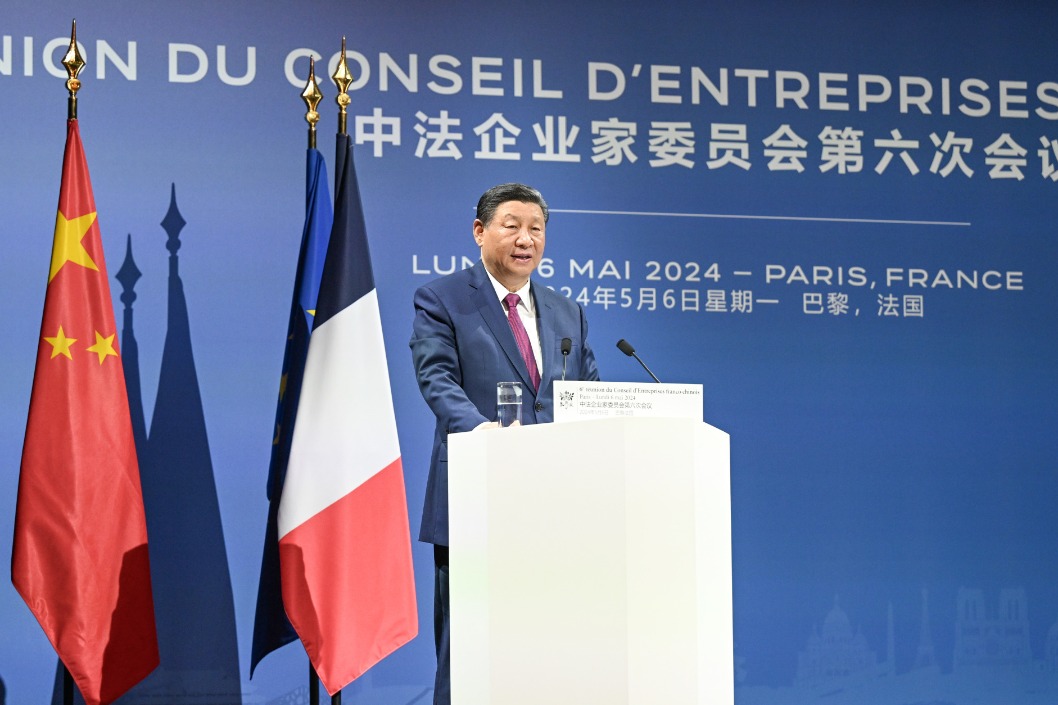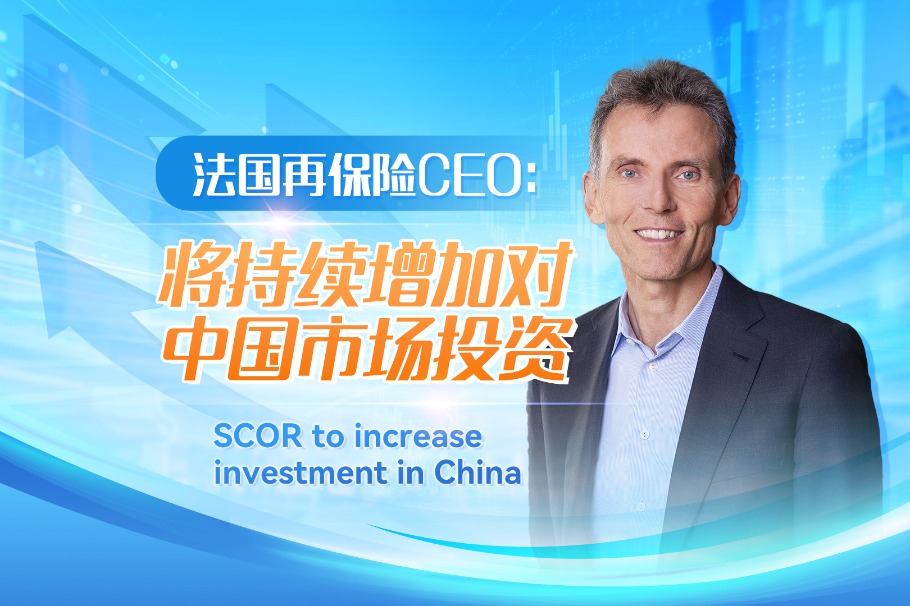Resetting the work-skills equation
Academics call for stronger alignment between education and employers to improve students' job prospects amid switch technology. Zeng Xinlan reports from Hong Kong.
By Zeng Xinlan | HK EDITION | Updated: 2021-10-15 13:14

Rebalancing talent pool
The difficulties companies face in acquiring employees with the relevant skills has dimmed the appeal of Hong Kong's talent. About 75 percent of the city's employers had problems in finding people with appropriate skills in 2019, according to a report by ManpowerGroup - an international workforce solutions company.
Last year, Hong Kong ranked 14th among 63 countries and regions in talent competitiveness. It was the third year the special administrative region had trailed Singapore, which ranked ninth, according to the World Talent Ranking 2020 report by the Swiss-based International Institute for Management Development.
The key to rebalancing the talent pool equation is to open up a transferable channel between academic, applied and professional qualifications, Kwok said.
The current accreditation system, the Hong Kong Qualifications Framework, which is designed to define the "clear and objective standards applicable to the qualifications in the academic, vocational and professional" educational sectors, is insufficiently flexible in allowing for equal transfer and progression between the three credentials, or to bridge the gap between schools and firms, Our Hong Kong Foundation said in its recent Education and Youth Policy Research report.
The qualifications in the three sectors, in design, should be of comparable weight. However, the weakness in the framework has blocked skilled workers' progression in applying for higher academic education. For example, an electrician with a QF Level 4 qualification would have difficulty in seeking admission to a QF Level 5 bachelor's degree program, the report said.
Enacted by the Legislative Council in 2007, the framework is a seven-level hierarchy aimed at bridging academic and industrial qualifications through a universal system. Vocational qualifications, such as certificates, diplomas, and higher diplomas, are positioned at QF Level 4, or sub-degree level. Currently, all bachelor's degree programs in Hong Kong are pitched at QF Level 5.
Kwok said the system has to be employer-led to ensure that the qualifications can be interpreted into real benefits in the workplace. He called for more industry input in the qualification assurance process, so that industry competencies and academic standards can be better aligned with the framework.
He proposed linking academic institutions and industry players to develop dually recognized applied certifications, such as Google's Career Certificate, to allow students to demonstrate their skillsets and find companies that might hire them.
He also urged the Hong Kong Special Administrative Region government to adopt a more active approach by including the QF in hiring employees to encourage the private sector to do the same. "The government should take the lead in adopting QF levels and skill descriptions as part of its job listings, hopefully, sparking a knock-on effect of broader recognition of applied qualifications by job seekers and businesses," the foundation's report said.
























